How to reduce your tax bill as self assessment deadline approaches
Millions of taxpayers are yet to send their tax returns to HMRC
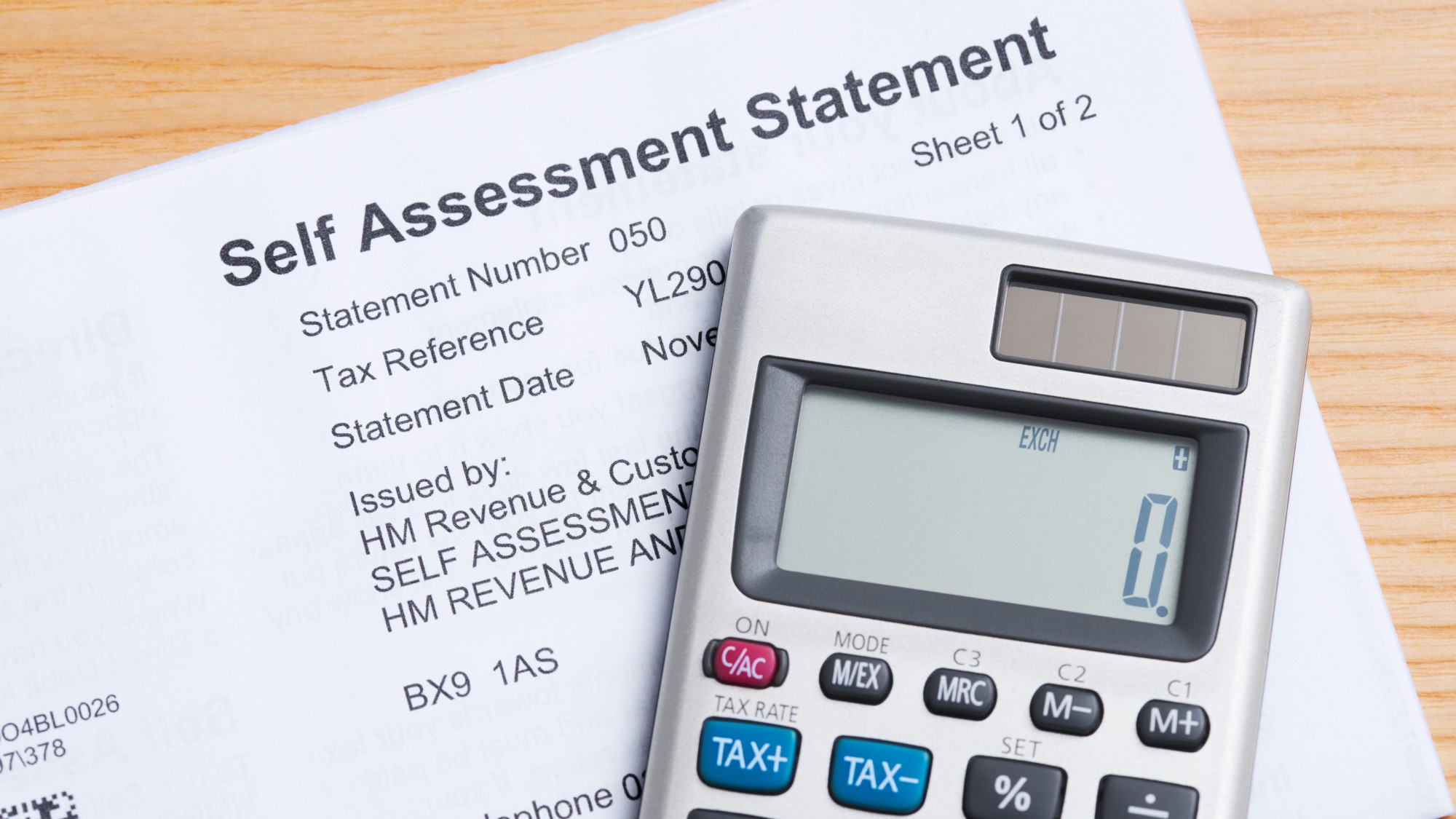
A free daily email with the biggest news stories of the day – and the best features from TheWeek.com
You are now subscribed
Your newsletter sign-up was successful
The deadline to file a self assessment tax return to HMRC is approaching and five million people still need to send their forms and pay their bill.
More than 12 million people file a tax return each year to report any untaxed income to HMRC.
The "countdown is on", said HMRC, for the 5.4 million customers who still need to send a self assessment form and pay a tax bill by 31 January.
The Week
Escape your echo chamber. Get the facts behind the news, plus analysis from multiple perspectives.

Sign up for The Week's Free Newsletters
From our morning news briefing to a weekly Good News Newsletter, get the best of The Week delivered directly to your inbox.
From our morning news briefing to a weekly Good News Newsletter, get the best of The Week delivered directly to your inbox.
Around 40,000 people used the festive period to file their return, according to HMRC, ditching "last-minute shopping and wrapping", said This is Money. Some 4,409 people did so on Christmas Day. Another 38,260 filed on New Year's Eve and 24,828 on New Year's Day.
Many people may not realise they need to file a tax return, but "even if you think you have nothing to pay", it is probably a good idea to investigate the matter or you may potentially "face penalties" for a failure to act, the news website added.
Who needs to file a self assessment tax return?
Most people have taxes "deducted automatically" via PAYE from their pay, pensions or savings, said MoneySavingExpert, so won't need to file a tax return.
Individuals such as the self-employed or businesses where tax isn't automatically deducted from earnings will typically need to complete a self assessment form.
A free daily email with the biggest news stories of the day – and the best features from TheWeek.com
This could apply if you run your own business or earn untaxed income as a landlord, or if you sell items on eBay. A self assessment could also be necessary if you rent out a room in your house online.
As a "general rule of thumb", added the financial website, you probably don't need to complete a tax return if you earn below £1,000 from selling goods or services online.
You can use HMRC's online tool to check what you need to do.
People who need to submit a return include employed workers earning more than £150,000 a year.
More pensioners may also need to complete a tax return, said The Times, as the rising state pension means those with "even a small amount of additional income will find themselves paying some tax" as their earnings will be above the frozen £12,570 personal tax allowance.
How to reduce your self assessment tax bill
The most "straightforward way" to reduce your bill, said Moneyfarm, is to ensure you are claiming all the reliefs you are entitled to.
Tax relief can be claimed on expenses related to "travel, professional practice fees, uniform maintenance, purchase of work equipment like personal protective equipment (PPE)", and even if you work partly from home.
Those facing a "hefty tax bill" can take steps to cut it, said Investors' Chronicle, by including pension contributions and charitable donations.
If you are putting money into a pension, and you're a higher or additional-rate taxpayer, you can claim the difference between the top tax rate of 40% or 45% and the basic 20% rate that is provided on pension contributions automatically.
Gift Aid on charitable donations provides 20% relief that goes directly to the charity.
Using the marriage allowance, where a lower-earning spouse below the income tax threshold transfers some of their allowance to a higher-earning partner, can also reduce your "combined tax bill", added the financial publication.
Whether you run a business or are self-employed, "effective tax planning can significantly reduce your tax obligations", said advisory firm Frazer James, such as using eligible expenses to "manage your taxable income and avoid falling into higher tax brackets".
Marc Shoffman is an NCTJ-qualified award-winning freelance journalist, specialising in business, property and personal finance. He has a BA in multimedia journalism from Bournemouth University and a master’s in financial journalism from City University, London. His career began at FT Business trade publication Financial Adviser, during the 2008 banking crash. In 2013, he moved to MailOnline’s personal finance section This is Money, where he covered topics ranging from mortgages and pensions to investments and even a bit of Bitcoin. Since going freelance in 2016, his work has appeared in MoneyWeek, The Times, The Mail on Sunday and on the i news site.
-
 Local elections 2026: where are they and who is expected to win?
Local elections 2026: where are they and who is expected to win?The Explainer Labour is braced for heavy losses and U-turn on postponing some council elections hasn’t helped the party’s prospects
-
 6 of the world’s most accessible destinations
6 of the world’s most accessible destinationsThe Week Recommends Experience all of Berlin, Singapore and Sydney
-
 How the FCC’s ‘equal time’ rule works
How the FCC’s ‘equal time’ rule worksIn the Spotlight The law is at the heart of the Colbert-CBS conflict
-
 What to know before filing your own taxes for the first time
What to know before filing your own taxes for the first timethe explainer Tackle this financial milestone with confidence
-
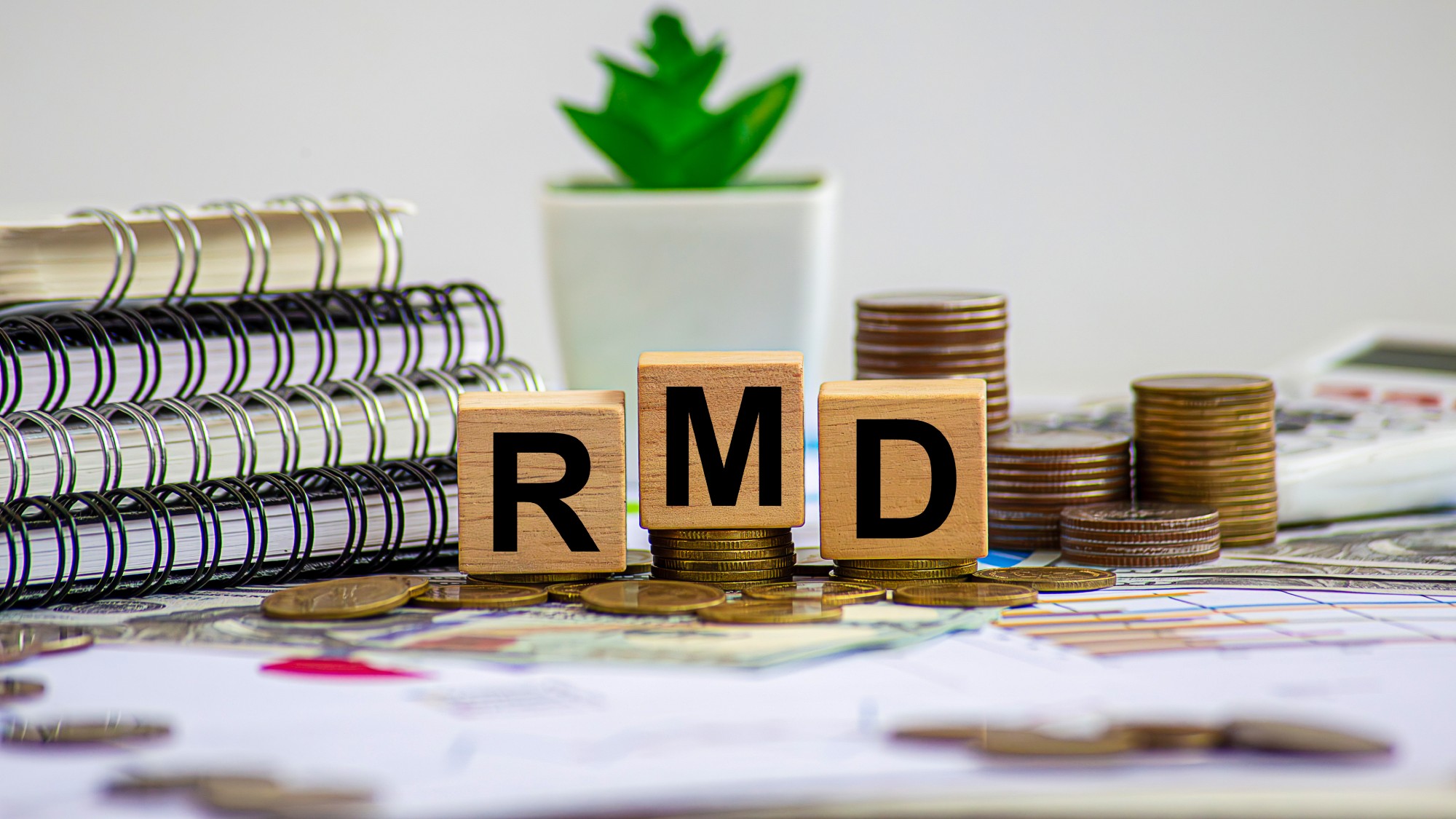 3 required minimum distribution tax mistakes to avoid
3 required minimum distribution tax mistakes to avoidThe Explainer Missteps in making withdrawals from tax-advantaged retirement accounts can cost you big
-
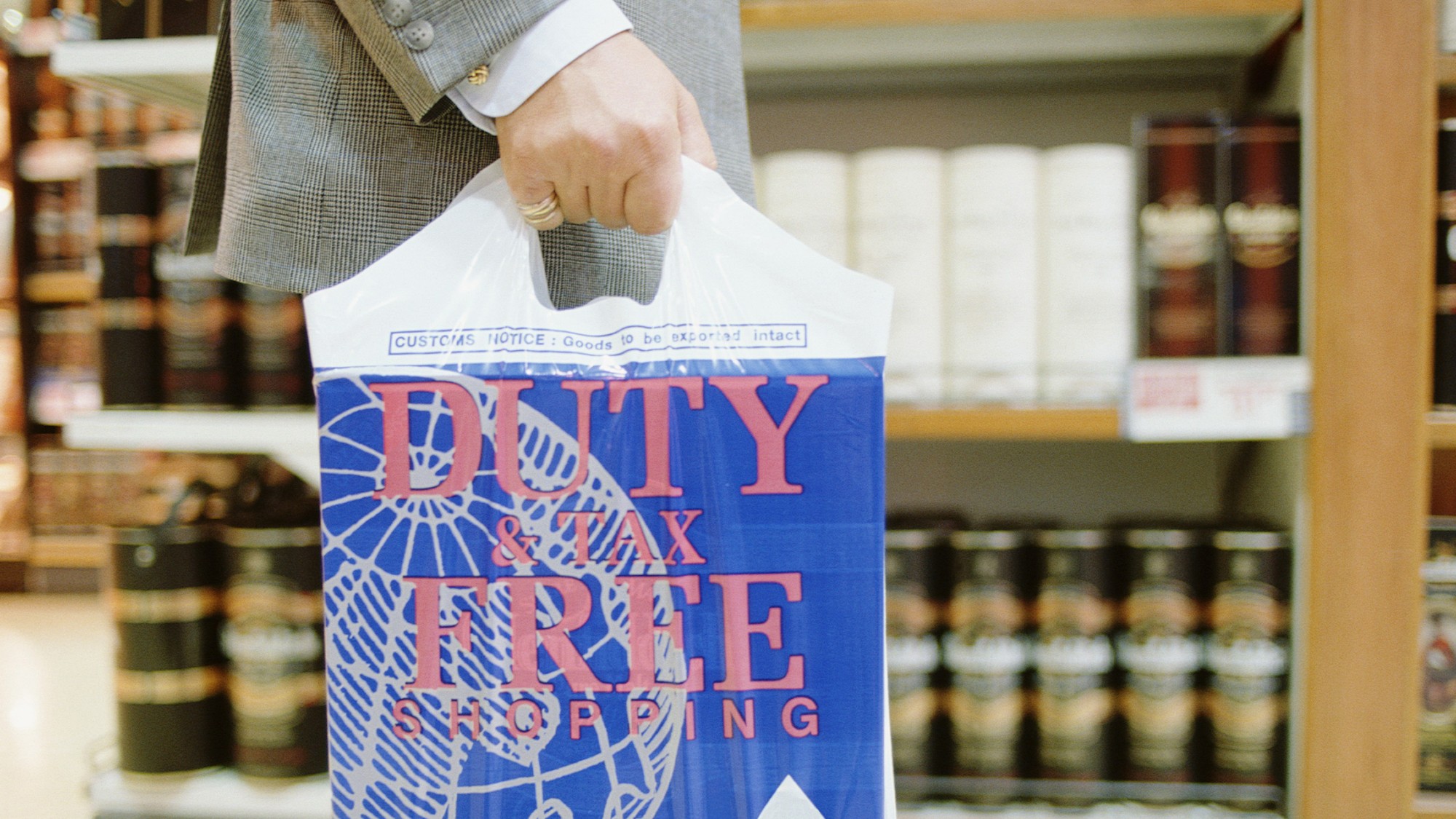 Is duty-free shopping worth it?
Is duty-free shopping worth it?the explainer How to determine whether you are actually getting a good deal
-
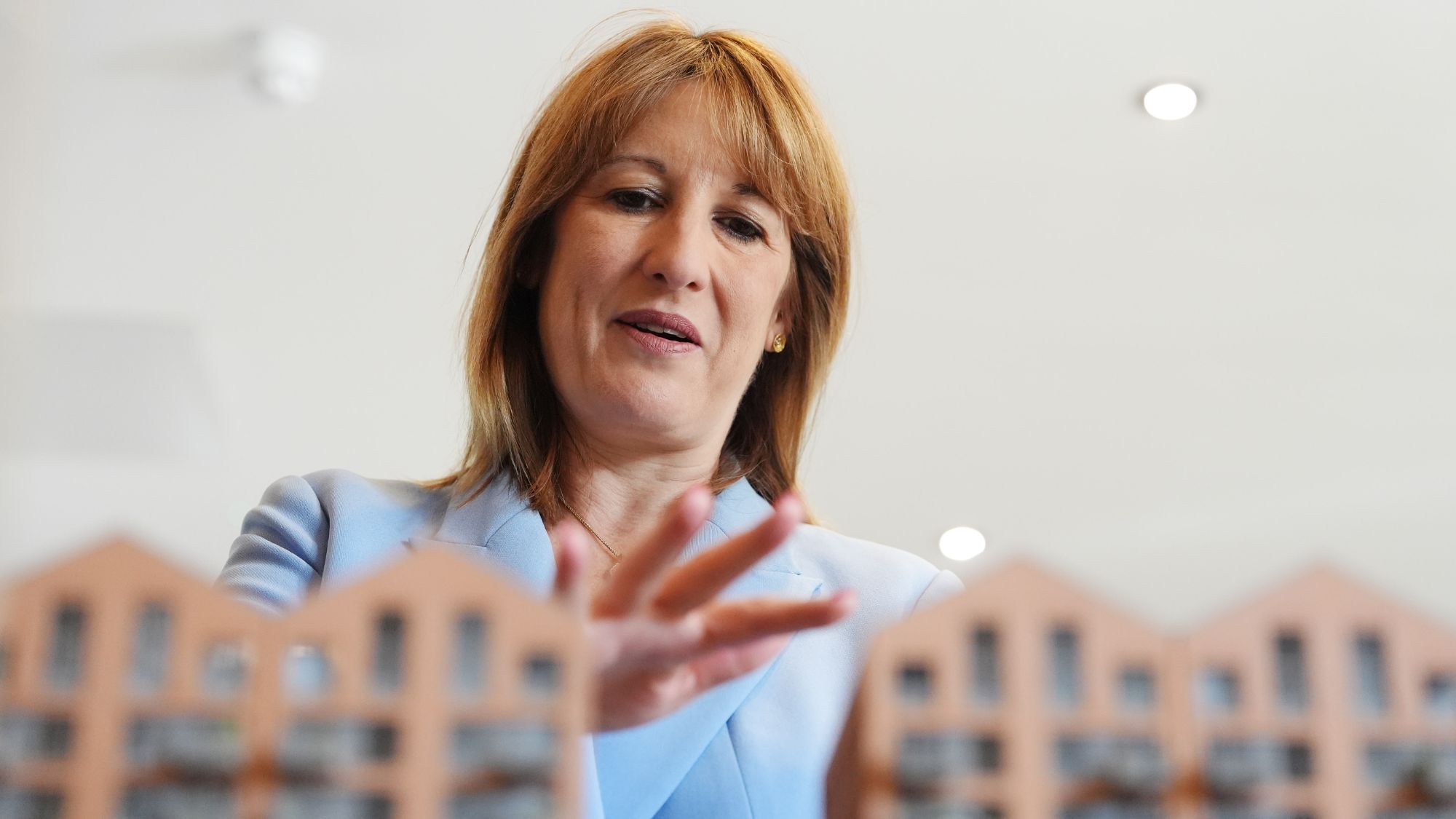 What the 2025 Autumn Budget could mean for your wallet
What the 2025 Autumn Budget could mean for your walletThe Explainer Chancellor Rachel Reeves will reveal her latest plan to balance the nation’s finances in November
-
 What taxes do you pay on a home sale?
What taxes do you pay on a home sale?The Explainer Some people — though not many — will need to pay capital gains taxes upon selling their home
-
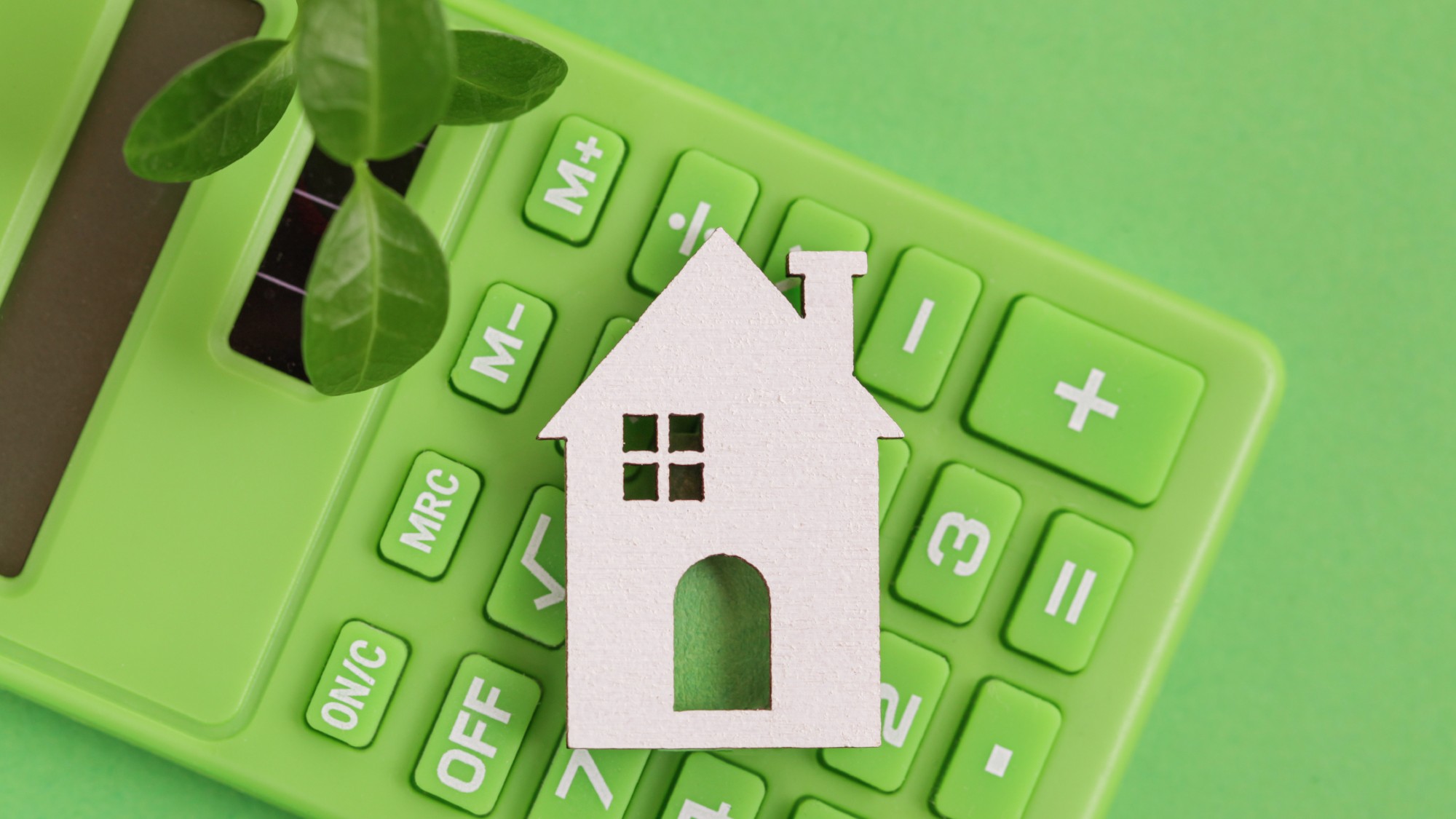 Clean energy tax credits are going away. Here's how to get them before it's too late.
Clean energy tax credits are going away. Here's how to get them before it's too late.The Explainer Trump's recently passed megabill promises the early demise of clean energy tax credits
-
 How will the new tax deductions on auto loans work?
How will the new tax deductions on auto loans work?the explainer Trump's One Big Beautiful Bill Act introduced a tax deduction on auto loan interest — but eligibility for the tax break is limited
-
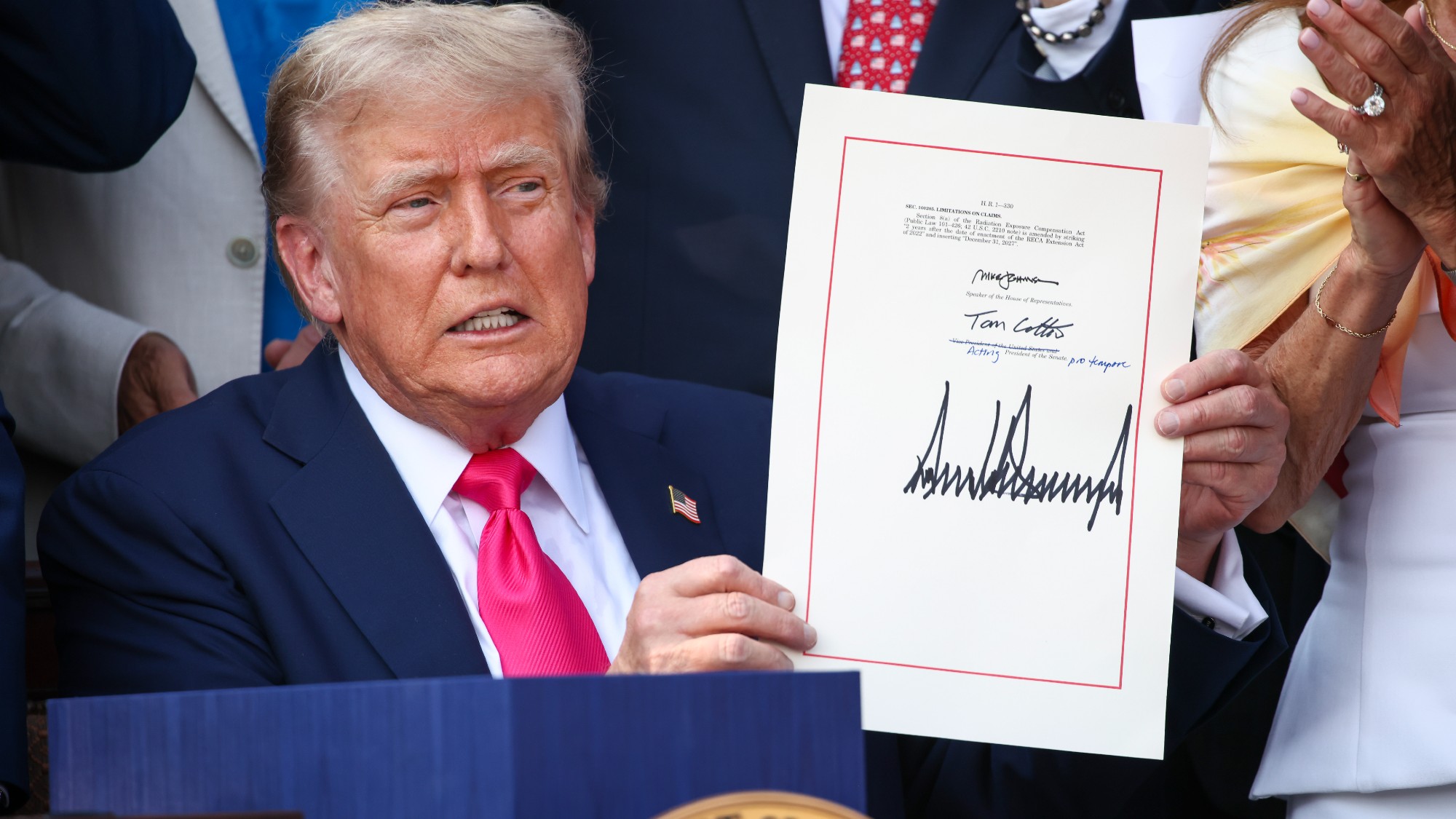 8 ways Trump's bill will change your taxes
8 ways Trump's bill will change your taxesThe Explainer The 'big beautiful bill' was recently signed into law. Here's what it might mean for your wallet.